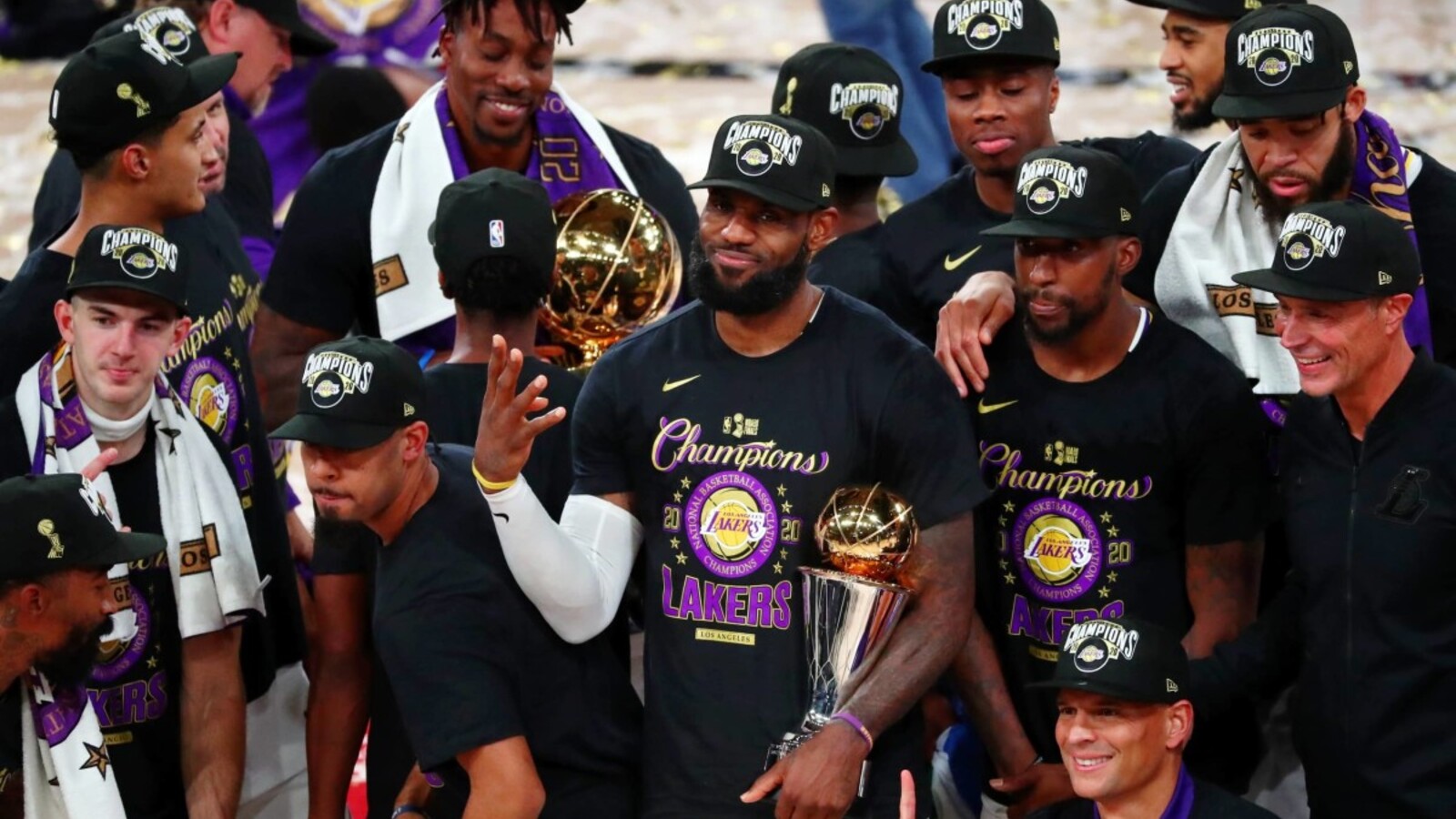Five years after the unprecedented 2020 NBA bubble championship, a familiar and fiercely contested debate has once again resurfaced: does the Los Angeles Lakers’ title carry a permanent asterisk? This question, reignited by recent comments from Philadelphia 76ers executive Daryl Morey, challenges the very legitimacy of a unique season played under extraordinary circumstances.
Critics, echoing Morey’s sentiment, argue that the absence of roaring crowds, the neutrality of court advantages, compressed schedules, and the complete lack of traditional road series amidst a global pandemic fundamentally minimize the competitive purity of the bubble era. They contend that winning under such conditions lacks the conventional weight of championships earned in a standard NBA season, asserting it was not a “genuine championship.”
Conversely, a strong chorus of players, coaches, and analysts—including figures like Phil Handy—firmly counter this narrative. They highlight the immense psychological and physical toll of competing in the isolated Orlando environment, emphasizing that every team endured the same challenging conditions. For them, the shared adversity established a truly level playing field, making the bubble title a testament to unique mental fortitude rather than diminished competition.
While the shared conditions applied to all, some analysts suggest the extended break before the bubble and the unique game rhythm disproportionately benefited certain teams. Specifically, the Lakers, with a 36-year-old LeBron James, might have gained an unexpected advantage from the prolonged rest period. This allowed him to optimize his performance and execute at an elite level during the compressed playoff schedule, leveraging his his still-top-tier abilities.
The Orlando bubble was as much a test of mental resilience as it was basketball skill. Players were sequestered from their families for nearly 100 days in what some described as a resort-like prison. LeBron James himself attested to the mental grind, stating that “viewers don’t quite understand the mindset… you had to stay locked in,” underscoring how this unique pressure separated true contenders from those who faltered.
Yet, not every star thrived in this altered landscape. Rust and mid-series discomfort plagued some key players, affecting their peak performance in crucial moments. Meanwhile, the Los Angeles Lakers maintained relative health and seemed to enter the bubble in mid-season form, raising questions about whether the uniform conditions truly leveled the playing field for all or inadvertently created an imbalance.
Ultimately, the 2020 Lakers championship carved its indelible place in NBA history, validated by dominant performances from LeBron James, who secured Finals MVP, and Anthony Davis, leading playoff scoring. Frank Vogel’s elite defensive scheme also anchored their postseason run. Despite these on-court achievements, the “asterisk” narrative persists, fueled by recent comments and comparisons to historically tougher championship victories like the 1995 Rockets or the 2011 Mavericks.
The enduring debate over the 2020 title underscores a broader truth: any team winning that year would have likely faced similar scrutiny. While the league’s decision to resume play offered a welcome distraction during a challenging global period, the unconventional circumstances ensured that questions of legitimacy would linger. It remains a championship that some embrace wholeheartedly, while others might view it with a degree of reservation, making it a truly unique entry in the annals of basketball lore.






Leave a Reply